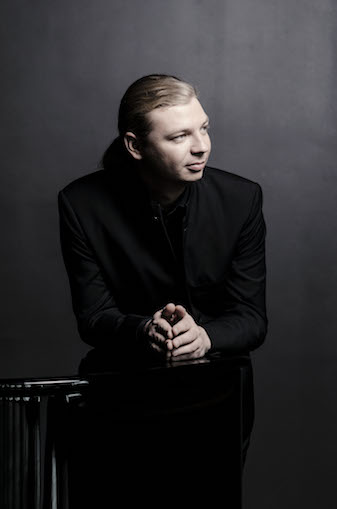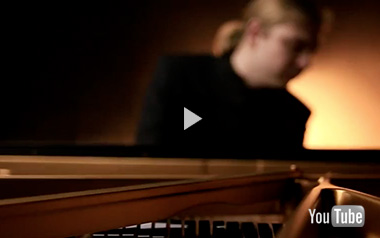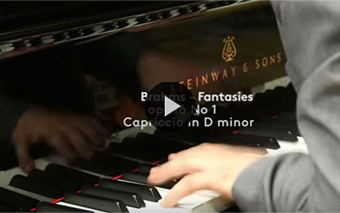Next Concerts
Jul 30, 2024
Festival Pablo Casals de Prades
Aug 1, 2024
BBC Prom, Royal Philharmonic Orchestra with Vasily Pentrenko
London, United Kingdom
Ravel: Piano Concerto in G major
Venue: Royal Albert Hall
Reviews
December 8th, 2018
Bartók Piano Concerto No. 3 / Liverpool Philharmonic / Kahchun Won
“[…] Wong was joined by pianist Denis Kozhukhin for a spellbinding performance of Bartók’s Piano Concerto no.3. The playing throughout was assured and effortless and the interpretation restrained but never dull. Both pianist and conductor treated the musical details with such utter respect, and executed them with such precision, one could not fail to be drawn into this thoroughly engaging performance. In all three movements Wong balanced the orchestra to sheer perfection, the soloist always to the fore and never overpowered. The first movement was impressive in its range of dynamics, creating light and shade. It was full of drama: conductor and pianist had the same vision, each episode had its own character – individual, vivid and enchanting. The second movement was atmospheric, moody, ethereal. In the chordal textures of the piano writing the balance between the hands was exquisite, the melody projecting with crystal-clear clarity. Kozhukhin was completely lost in the music, in the birdsong, in the reverie he’d created. There was gentle and effective use of Rubato, which added another dimension to this reading. Without a chance to breathe, they launched straight into a strongly rhythmic final movement. Full of bold colours, this astutely phrased finale was simply dazzling.
Grieg’s “Spring” from Lyric Pieces, was given as encore. The phrasing was simple and delicate, and the judiciously balanced hands allowed the bell-like tone of the melody to carry with purity. […] ”


